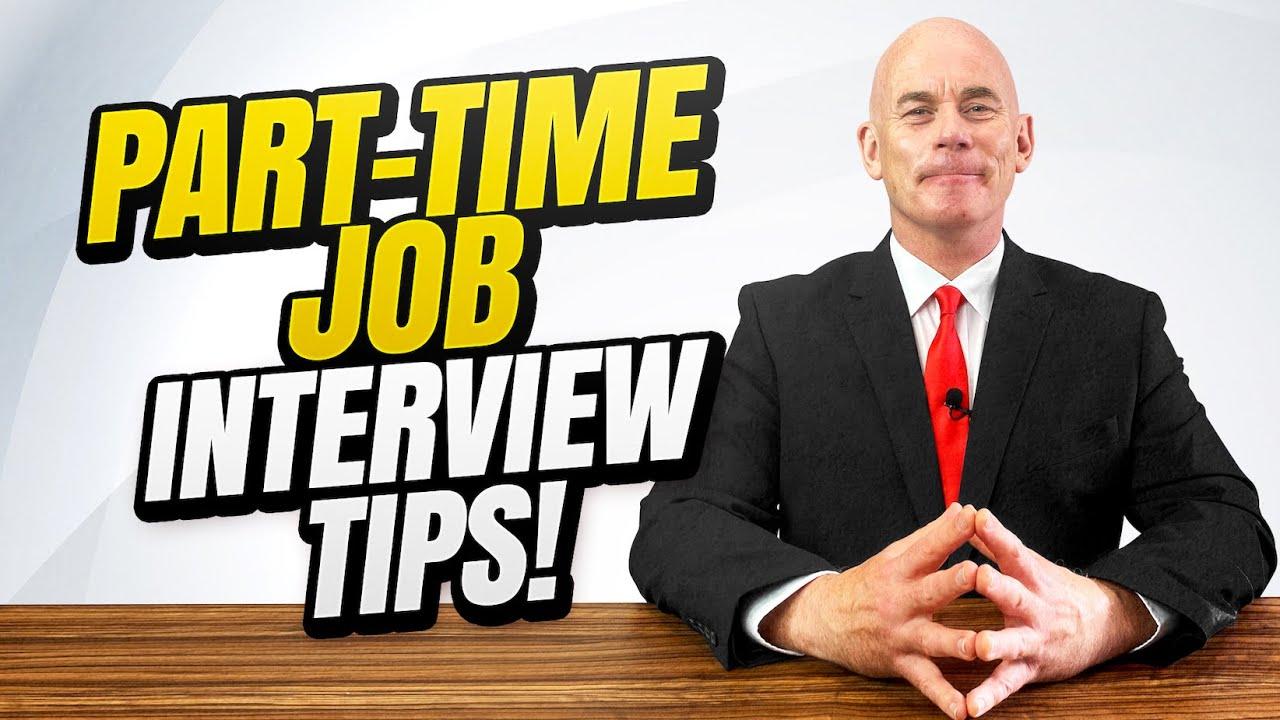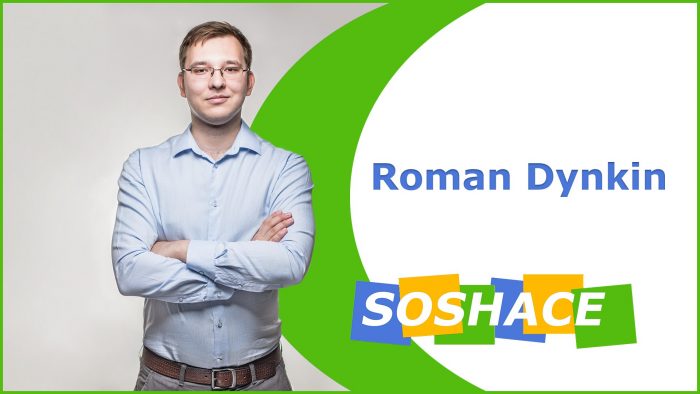Introduction
In today’s competitive job market, securing a part-time position can be just as challenging as landing a full-time role. As organizations seek versatile candidates who can adapt to fluctuating demands and diverse responsibilities, job seekers must navigate a rigorous interview process that often assesses both technical skills and soft competencies. This article delves into effective strategies for acing part-time job interviews, synthesizing insights from human resource professionals and industry experts. By employing structured preparation techniques, honing interview skills, and understanding the nuances of part-time employment, candidates can significantly enhance their prospects of success. Whether you are a student balancing academic commitments or a professional exploring supplementary income opportunities, mastering the interview process is pivotal to achieving your career objectives.
Table of Contents
- Building a Compelling Resume Tailored for Part-Time Roles
- Mastering the Art of Interview Preparation with Targeted Research
- Demonstrating Relevant Skills and Enthusiasm in Your Responses
- Effective Post-Interview Follow-Up Techniques to Leave a Positive Impression
- In Conclusion
Building a Compelling Resume Tailored for Part-Time Roles
Creating a standout resume for part-time positions requires a strategic approach that emphasizes your relevant skills and experiences while maintaining a concise format. Start by highlighting specific skills that align with the job you’re applying for. Employ keywords from the job description to ensure your resume resonates with both hiring managers and Applicant Tracking Systems (ATS). Consider structuring your resume in a way that prioritizes your strengths, such as:
- Relevant Work Experience: Focus on part-time or volunteer roles that demonstrate your competencies.
- Technical Skills: Make sure to list any software or tools that pertain to the job.
- Soft Skills: Highlight attributes like teamwork, communication, and time management.
Additionally, consider adopting a clean, easy-to-read format that facilitates quick scanning. Use bullet points for your achievements, and ensure that each point reflects the value you brought to previous roles. You could also include a simple table to compare your skills against those required for the job, giving recruiters a straightforward visual representation of your fit for the position:
| Required Skills | Your Skills |
|---|---|
| Customer Service | 3 years in retail managing customer interactions |
| Time Management | Demonstrated ability to juggle multiple tasks efficiently |
| Technical Proficiency | Proficient in MS Office and Google Suite |
Mastering the Art of Interview Preparation with Targeted Research
One of the cornerstones of effective interview preparation is conducting thorough research on the company and the position you’re applying for. Begin by exploring the company’s mission statement and core values, as these will often shape the kind of employees they seek. Identify recent news articles, press releases, or social media updates related to the company to understand their current standing in the market. Use this information to formulate insightful questions that demonstrate your genuine interest. Additionally, drill down into the specific job description and requirements; this allows you to align your skills with the company’s needs effectively.
Another crucial element in your preparation involves understanding the industry landscape. Leverage various resources, such as industry reports, online forums, and professional networking sites like LinkedIn, to grasp the competitive challenges and opportunities the company faces. This knowledge not only equips you with talking points but also enables you to showcase how your qualifications fit into the broader context of the company’s goals. The following table outlines key research areas to focus on:
| Research Area | Focus Points |
|---|---|
| Company Overview | Mission, values, key achievements |
| Recent Developments | News articles, press releases, social media |
| Position Specifics | Key responsibilities, required skills |
| Industry Insights | Competitive landscape, industry trends |
Demonstrating Relevant Skills and Enthusiasm in Your Responses
When preparing for a part-time job interview, it’s crucial to align your skills with the requirements of the position. This not only involves articulating your relevant experience but also highlighting how those experiences have equipped you with the abilities necessary to excel in the role. Use specific examples from your past work or volunteer experiences that showcase your problem-solving skills, communication abilities, and teamwork. Employ the STAR method (Situation, Task, Action, Result) to structure your responses effectively. For instance, you might explain a situation where you had to resolve a conflict within a group project, detailing the actions you took and the positive outcomes that followed.
Equally important is the display of enthusiasm for the position and the organization. Employers are looking for candidates who are passionate and motivated, as these traits can significantly influence workplace morale and productivity. To convey your eagerness, do thorough research on the company beforehand and incorporate your findings into the discussion. You could discuss how their values align with yours or express excitement about their recent projects or initiatives. By doing this, you can illustrate not only your interest in the job but also your understanding of the company culture and objectives.
Effective Post-Interview Follow-Up Techniques to Leave a Positive Impression
Following up after an interview is crucial for reinforcing your interest in the position and differentiating yourself from other candidates. An effective follow-up can be done through various methods, but the most impactful ones include:
- Thank You Email: Send a concise email expressing gratitude for the opportunity and reiterating your enthusiasm for the role. Aim to send this within 24 hours of the interview.
- Personalized Note: If you had a great rapport with your interviewer, consider mailing a handwritten note. This personal touch can make a memorable impression.
- Follow-Up Questions: In your follow-up communication, address any unresolved topics from the interview. This shows your engagement and critical thinking skills.
Leveraging professional networking sites can also enhance your follow-up strategy. Consider these approaches:
- Connect on LinkedIn: Send a connection request to your interviewer, along with a personalized message referencing your conversation.
- Share Relevant Content: If applicable, share an article or resource that ties into your discussion. This not only provides value but keeps you top of mind.
- Update on Personal Projects: If you accomplish something relevant post-interview, a brief message updating the interviewer can reflect your proactive nature.
In Conclusion
successfully navigating part-time job interviews requires a strategic approach that combines thorough preparation, effective communication, and adaptability. By employing the strategies outlined in this article—such as conducting comprehensive research on prospective employers, practicing common interview questions, showcasing relevant skills and experiences, and demonstrating a genuine interest in the position—candidates can significantly enhance their chances of securing desirable employment. Additionally, it is imperative to approach each interview with confidence and professionalism, as these traits not only reflect a candidate’s suitability for the role but also resonate positively with potential employers. As the job market continues to evolve, embracing these effective strategies will empower applicants to stand out in a competitive landscape, paving the way for successful career advancement in the part-time job sector.






